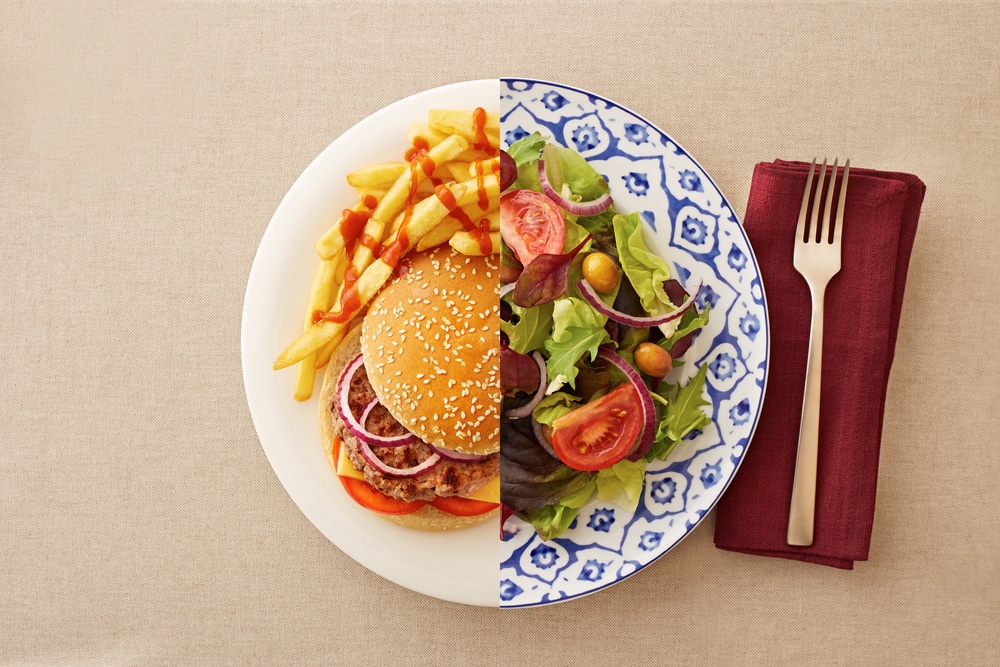
Shutterstock.com/ Roman Samborskyi
– –
– –
An increasing number of studies now show a relationship between being optimistic and a slower cognitive decline as you age. It appears that the more positive you are about life the more it may help your mind to remain in top condition in later years. Some studies are now also suggesting that having an optimistic partner may help your cognitive retention as well. Let’s dive in.
There are many studies looking at the relationship between optimism and cognitive decline but the one I want to focus on was conducted by Michigan State University. It is a good study to analyze because it looked at almost 4,500 couples over an eight-year period, all aged over 50, making it one of the most extensive studies in this field.
Respondents were tested every 2 years for a total of 5 times over an 8-year period. The respondents were tested in optimism, short term memory, and computational memory. Interestingly people were also asked to rate the quality of their memory in their daily lives, I will come back to that later.
The study found that more optimistic people did better over time cognitively and that being married to an optimistic person also had a positive impact. While it is tempting to say that thinking positive is the answer to a longer life it is likely more complex than that. Although there was a clear correlation between optimism and better cognitive results there was no causation found. This suggests that perhaps optimism leads to better behavior in life that could have an impact on your mental ability.
For example physical exercise, healthy eating, keeping busy, talking, and socializing are all linked with positive mental health, and all of these things are done more by optimistic people. In addition, if your partner engages in these activities you are more likely to do so too which may help explain why it is impacts partners too.
However, one issue I have with the study is that people were asked to rate their own memory. I think this has the potential to cause issues as those who are optimistic are nearly certain to rank their memory better than pessimists. This makes me skeptical of some of the results but as it is only one small aspect of the study the findings are still very useful.
– –
– –
Before you break up with your partner because he/she is a pessimist, have a conversation with them instead. Optimism is a behavior that can be learned. Studies have shown that 25% of optimistic tendencies are inherited but that 75% can be trained. To become a more positive person the first step is to want to be one. If someone enjoys their negativity there is no point asking them to be more positive. Some people love misery.
Positive thinking is not about expecting the best to happen. It is about accepting that whatever happens is for the best. This simple idea is very powerful. Too often pessimistic people say that they have nothing to be positive about but this is never the case. There is a lesson in every failure and a triumph in every success. Optimistic people have been shown to recover from failures and upsets quicker as they don’t associate the blame with themselves. They take it as a lesson and move on. Even without the other behavioral tendencies of an optimistic person, the reduction in stress is likely an important element in helping your sustained mental health.
The studies we have reviewed do not show that optimism is the cause for better mental health as you age but it does suggest that being optimistic may cause practices in life that do. This suggests that even acting like a more positive person could help. The phrase ‘fake it till you make it’ could have some benefits here.
– –




























